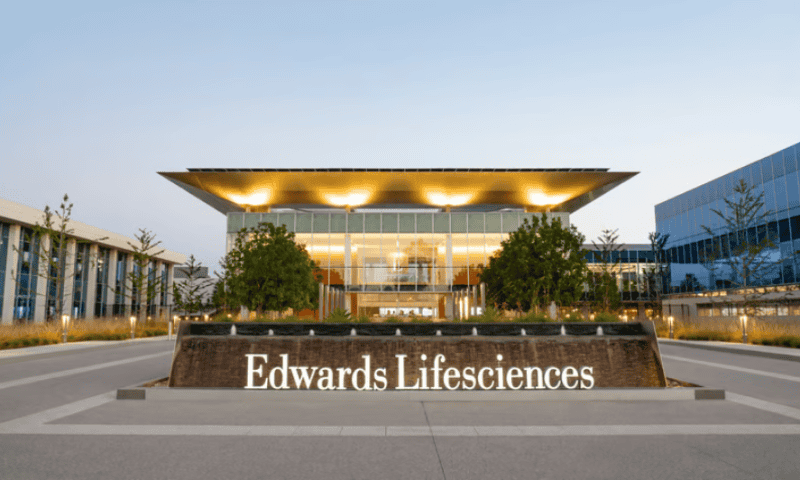The mystery company at the center of a EU antitrust investigation has been revealed to be Edwards Lifesciences, as first reported by Reuters.
One of the company’s facilities was raided by EU antitrust regulators as part of “unannounced inspections” that the commission described as a “preliminary investigative step” in a probe of suspected anticompetitive practices.
Last week, the European Commission put out a teaser of a press release—saying only that some unnamed company, operating somewhere on the continent, may have violated the EU’s antitrust rules and that its regulators were looking into it.
It did not provide many more details other than that the unnamed company is “active in medical devices for cardiovascular applications” and that the aforementioned rules were designed to “prohibit abuses of a dominant market position.”
In a statement to Fierce Medtech after Reuters broke the news, Edwards said the company “is cooperating with the European Commission regarding its inspection in relation to EU competition law. We have an unwavering commitment to healthy, fair competition; when innovative companies like ours compete, patients benefit. We remain confident in our business practices and will not be commenting further at this time.”
Edwards maintains more than a dozen separate facilities across Europe, including within EU member nations and countries linked by broader free trade zones. The company’s regional headquarters is located in Switzerland. According to the commission, its antitrust watchdogs were accompanied by their counterparts from the home competition authority of the facility’s EU member state.
Edwards claims a large European market share in the sales of transcatheter aortic valve replacement devices, after its Sapien implant first received a CE Mark in 2007. The company also received the first European approval for a transcatheter tricuspid valve system, the Cardioband, in 2018.
According to Edwards’ most recent quarterly earnings report, the company brought in $336 million in European revenue between April, May and June, and $671 million since the start of the year—with gains driven in part by increased sales of its Inspiris Resilia aortic valve and its Pascal system for treating mitral and tricuspid regurgitation.
That second-quarter earnings report also offered details into a previously disclosed April agreement between Edwards and its main cardiac valve rival Medtronic, where Edwards paid the medtech giant a one-time lump sum of $300 million in return for a 15-year global covenant between the two companies to not sue each other over patents related to structural heart devices. The deal also includes annual royalty payments tied to net sales of certain Edwards products, the company said.

